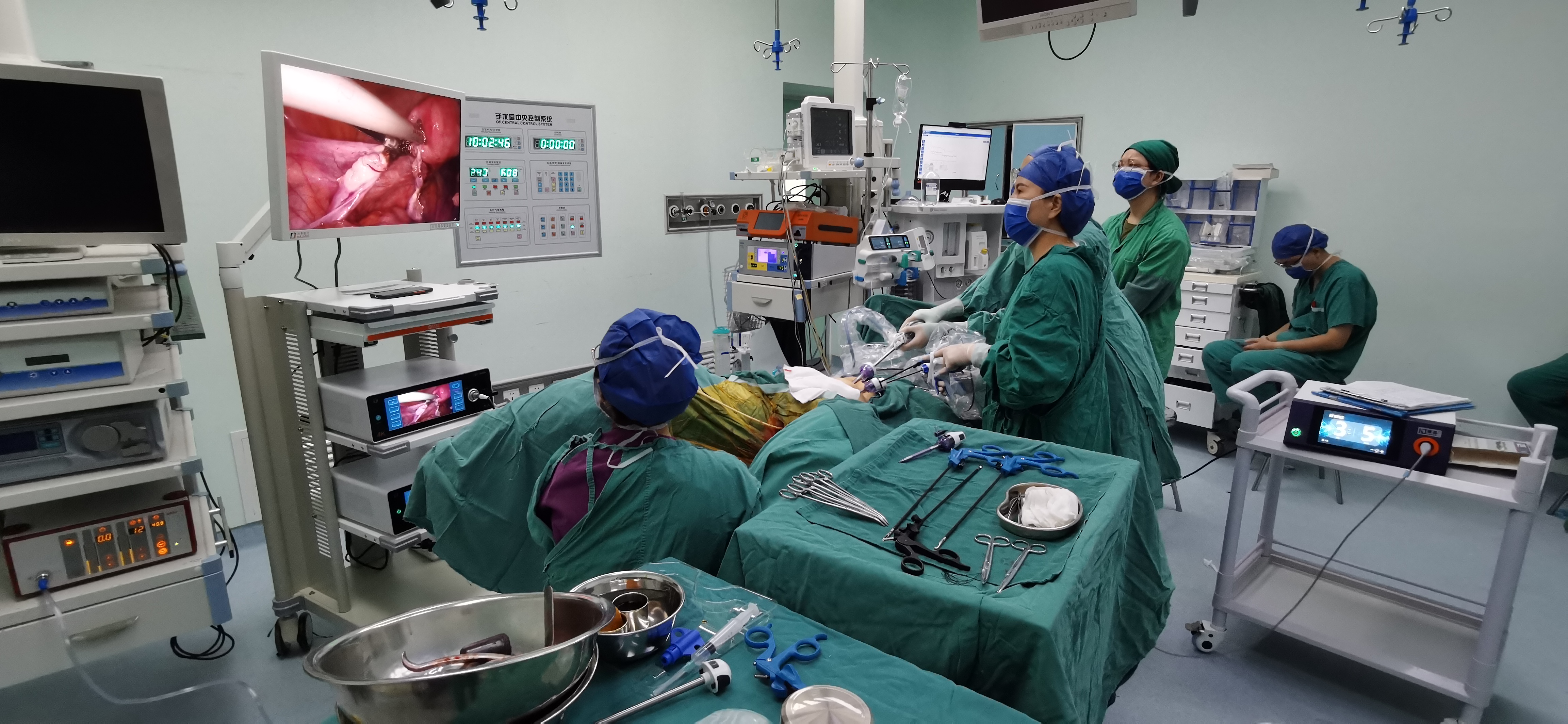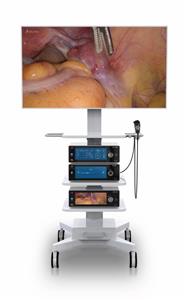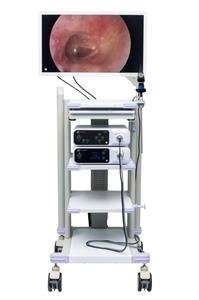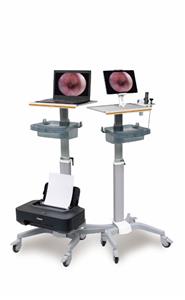Comparative analysis of the long-term efficacy of laparoscopic surgery and open surgery in the treatment of colorectal cancer
The operation-related indicators, gastrointestinal hormones, nutritional indicators, postoperative complications, and long-term clinical efficacy of the two groups of patients were statistically analyzed. Results There was no significant difference in the length of the resection margin at the end of the lesioned bowel between the two groups (t=0.560, P>0.05). The total number of lymph nodes removed in the laparoscopic surgery group was more than that in the open surgery group (t=4.571, P <0.05). The number of lymph nodes was less than that in the open surgery group (t=3.712, P < 0.05), and there was no significant difference in the maximum length of the resected tumor between the two groups (t=1.640, P > 0.05). After operation, the levels of gastrin, motilin, albumin and hemoglobin in the laparoscopic surgery group were higher than those in the open surgery group (P < 0.05). The postoperative complication rate in the laparoscopic surgery group was 6.00% (3/50), which was lower than that in the open surgery group [20.00% (10/50)], and the difference was statistically significant (χ~2=4.332, P <0.05) . The distant metastasis rate was 14.00% (7/50) in the laparoscopic surgery group and 12.00% (6/50) in the open surgery group. There was no significant difference between the two groups (χ~2=0.088, P>0.05). The local recurrence rate was 6.00% (3/50) in the laparoscopic surgery group and 12.00% (6/50) in the open surgery group, with no significant difference (χ~2=0.488, P>0.05). Conclusion The long-term clinical efficacy of laparoscopic surgery for colorectal cancer is similar to that of open surgery, but there are fewer postoperative complications and higher safety.





